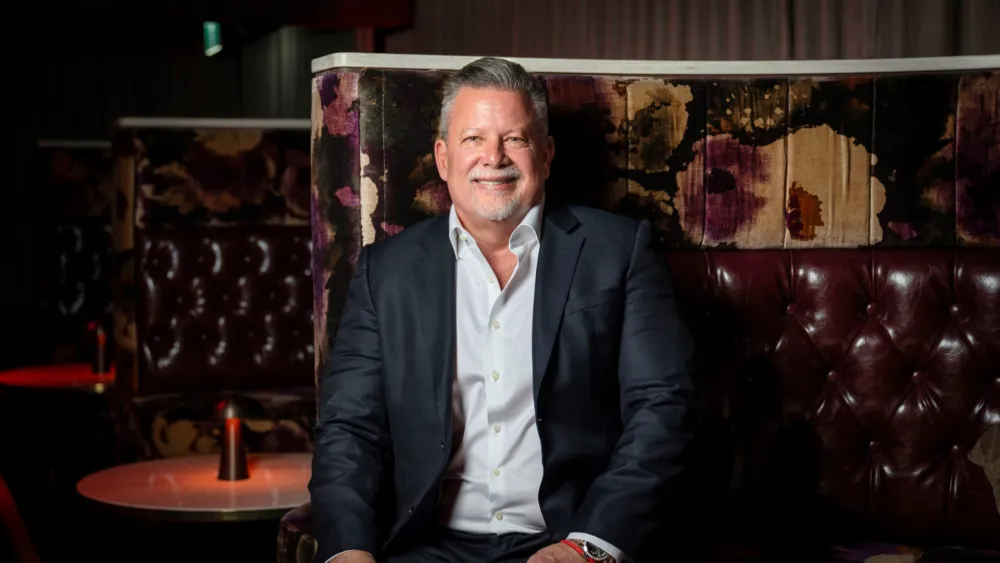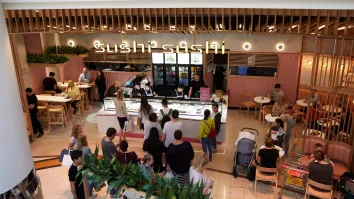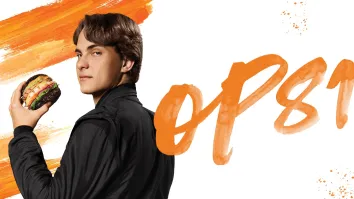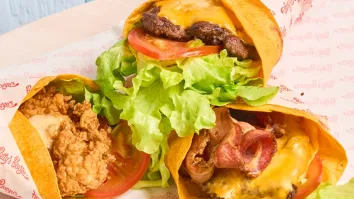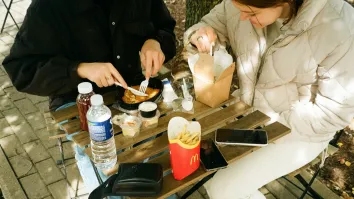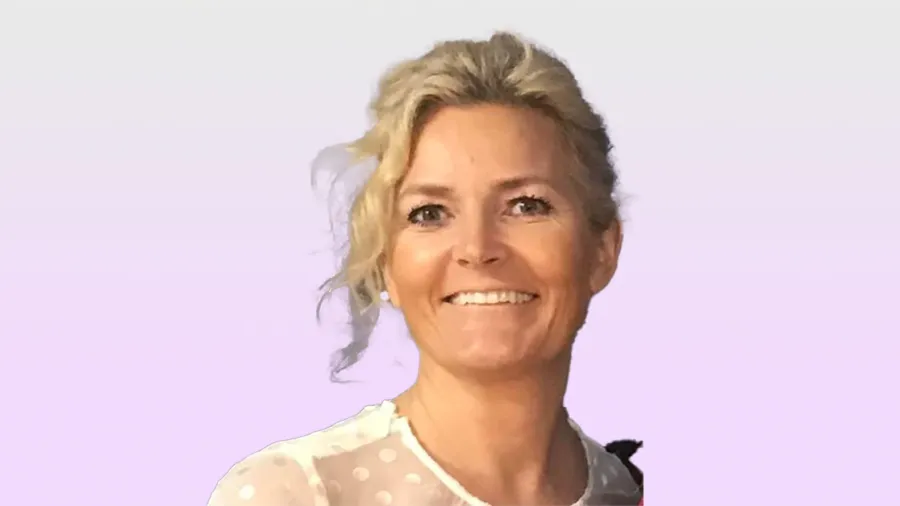
P’Nut Street Noodles' general manager shares the pros and cons of cloud kitchens
She also shared strategies on mitigating impacts of labour woes and inflation.
When P’Nut Street Noodles launched cloud kitchens amidst the pandemic, it planned to invest more after the cloud brand generated more profit for their business.
However, this virtual kitchen concept also has some pros and cons, which P’Nut Street Noodles General Manager Petra Orrenius will discuss in this Q&A.
She, likewise, shared strategies on how they mitigated the impacts of labour woes, supply disruptions, and inflationary pressures.
QSR Media: Cloud kitchens or virtual kitchens - you have been an early adopter of these - can you give us some insight into how this experience has been?
It's been great to get additional revenue utilising the same "similar" pantry items just cooked mixed or served differently without the need to add staff or additional rent or equipment.
The virtual kitchens helped us find a new demographic. It also helped in achieving diverse branding and marketing.
We also tested new products without jeopardising brand trust in P'Nut. The cloud kitchen also helped us in being more regional in our approach.
Since there is no printed menu or location we can adapt the menu based on customer profiles and demand based on the area (more families/younger couples/diverse ethnical backgrounds etc).
It also helped us be more clever on timing to avoid bottlenecks.
Amongst the cons are it is hard to ensure differentiation on branding is kept on all store levels when busy. For example, mixed-up packaging sends one cloud brand in another brand's bag.
Some people sometimes want to ensure physical space for trust.
It is also advised to avoid adding brands that all come at the same time and hence make the existing dine-in experience for our PNut outlet worse since the kitchen will be busy.
You also need more storage and training to operate these virtual brands.
How have you overcome staff shortages?
These last six months have been the toughest since the pandemic started due to a combination of staff shortage, COVID-19, flooding, supply shortage, and higher prices across the board.
With less labour on the market and "war for talent" and higher labour cost, we have been forced to find other ways to attract people and secure retention.
Amongst our strategies are strong incentives for growth within the company, early identification of who wants to grow, learning new skills for life, and putting a three-month training program together.
There must also be simplified processes without compromising quality and taste - redo all our training manuals with clear steps one to 10 and make it super easy to be cross-trained and upskilled across all functions.
Our brand implemented deep data analysis on the menu to find labour-intensive dishes - and either remove or include at a higher cost. We renegotiate and work tightly with all suppliers to find alternatives in the form of packaging/chemicals/maintenance of equipment.
We also worked with technology to enforce order at table/order ahead.
Lastly, we live our values and be a family and support our staff. For example we introduced a Covid initiative and for team members that have doing it tough, to get an opportunity to apply for the Covid Foundation Support at PNut.
Tell us about your investment in technology and what this has done to your business.
We added a White Label delivery partner which ensures we own the customer and data 100%.
We invested in a CRM program to ensure we tailor communication based on demand and preference and also automatically measure customer satisfaction and get reviews.
Our brand went to UberEat exclusively.
We created an app that will go live at the end of the year for loyalty and create customer value.
We integrated all channels- from Order online/3rd parties/instore with POS providers. We invested in a new staff onboarding/training/rostering system.
We researched and bought new equipment from overseas, automatic cooking tools that will allow us to operate in December and create the store of the future.
Any other comments?
The next 12 months will continue to be hard and the ones that still have cash flow and appetite to invest in the right things, beliefs in processes, brand, and people will survive.
